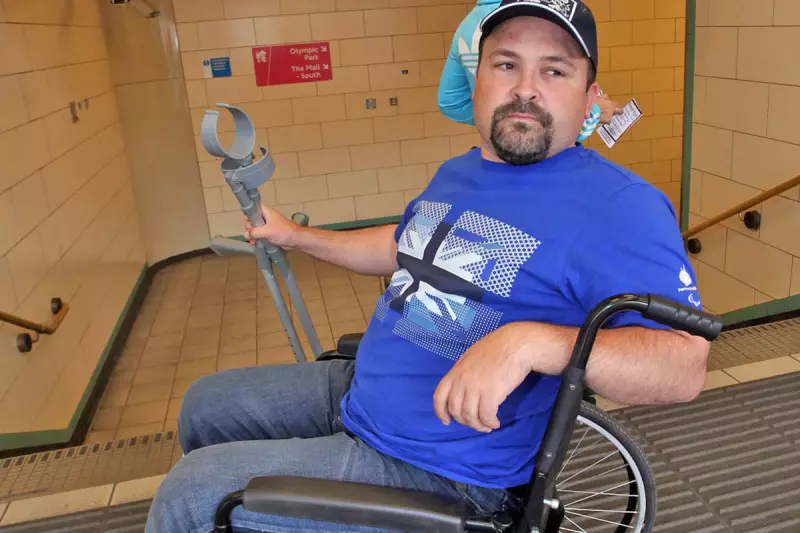
Imagine going about your daily life constantly being spoken down to, patted on the head like a child, or having complete strangers make assumptions about your capabilities. For many wheelchair users in Britain, this isn't an occasional inconvenience—it's a relentless reality that undermines their dignity and independence.
The Daily Dismissal of Competence
From well-meaning but misguided strangers to systemic social attitudes, wheelchair users navigate a landscape where their intelligence and autonomy are frequently questioned. The article highlights how seemingly 'helpful' interactions often carry an undercurrent of condescension that reinforces harmful stereotypes.
When 'Help' Actually Hurts
Common scenarios include:
- Strangers pushing wheelchairs without permission
- Service staff directing questions to companions instead of the wheelchair user
- Unsolicited advice about 'cures' or treatments
- Being spoken to in infantilising tones
- Assumptions about mental capacity based on physical mobility
Beyond Physical Barriers
While ramp access and physical accessibility receive significant attention, the social barriers prove equally challenging to dismantle. The piece argues that changing attitudes requires conscious effort from non-disabled people to examine their own biases and behaviours.
What Genuine Support Looks Like
True allyship involves:
- Treating wheelchair users as equals in conversation
- Asking before offering assistance
- Recognising that mobility aids are tools, not limitations
- Listening to lived experiences without judgement
- Challenging patronising behaviour when witnessed
The conversation around disability needs to shift from pity to respect, from speaking for to listening to, and from assuming limitations to recognising capabilities. Until society moves beyond these deeply ingrained patronising attitudes, wheelchair users will continue fighting for basic dignity alongside physical accessibility.





